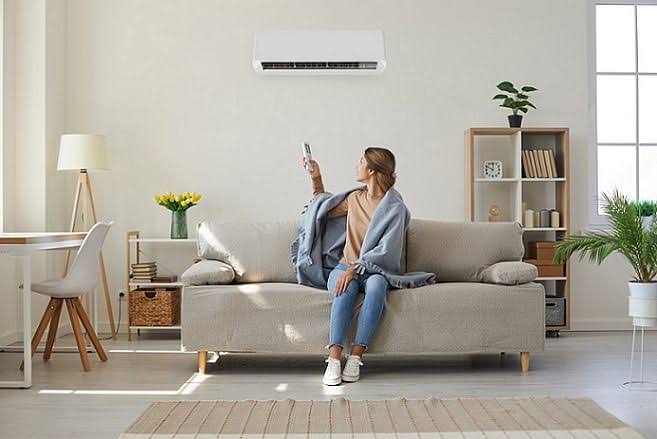When people think about air conditioning, the first thing that comes in mind is cooling or heating a space. However, modern air conditioners do much more than control the temperature-they play a critical role in improving indoor air quality (IAQ). Whether it’s filtering pollutants, managing humidity, or ensuring proper ventilation, air conditioners can transform your indoor environment into a healthier and more affordable space.
At Direct Air & Electrical Supplies Pty Ltd, we prioritize the health and comfort of our customers. Let’s dive into how air conditioning impacts indoor air quality and what you can do to maximize its benefits.
1. Filtering Out Pollutants and Allergens
Modern air conditioning systems are equipped with advanced filtration systems designed to trap dust, pollen, and other airborne particles. These filter help reduce allergens in the air, making your home a healthier place, especially for individuals with asthma or allergies.
High-Efficiency Particulate Air (HEPA) filters and electrostatic filters, commonly found in today’s air conditioners, can remove microscopic particles, providing clean, breathable air. regular maintenance of these filters ensures their efficiency and prevents the buildup of contaminants.
2. Managing Indoor Humidity Levels
Excess humidity in the air creates a breeding ground for mold, mildew, and bacteria, which can severely impact indoor air quality and your health. Air conditioners help by dehumidifying the air, maintaining an optimal humidity level that prevents these harmful organisms from thriving.
If your home tends to be humid, consider air conditioners with built-in humidity control or pairing your AC with a de humidifier. These solutions not only improve air quality but also protect your home from structural damage caused by excess moisture.
3. Reducing Exposure to VOCs
Volatile Organic Compounds (VOCs) are harmful chemicals that can be found in household items like paints, cleaning products, and furniture. Prolonged exposure to VOCs can lead to health issues like headaches, respiratory problems, and skin irritation.
Modern air conditioners with advanced filtration systems can help remove VOCs from the air, ensuring your indoor environment is safe. For homes with high VOC levels, incorporating an air purification system alongside your AC can further enhance air quality.
4. Promoting Proper Ventilation
Good ventilation is essential for maintaining healthy indoor air quality, as it ensures a constant supply of fresh air while expelling stale air and pollutants. Some modern air conditioning systems come with ventilation features that circulate fresh air throughout your home.
This is particularly important in tightly sealed, energy-efficient homes where natural ventilation may be limited. Air conditioning systems that support ventilation keep your indoor air fresh and free from odors and pollutants.
5. Preventing Mold and Mildew Growth
Mold and mildew not only damage your property but can also trigger serious health problems, including respiratory issues and allergies. By controlling temperature and humidity levels, air conditioners play a key role in preventing the growth of mold and mildew in your home.
T further safeguard your indoor air quality, ensure your AC system is cleaned and serviced regularly to remove any moisture buildup within the unit.
6. Regular Maintenance for Optimal Performance
While air conditioning systems are effective at improving air quality, they require regular maintenance to work at their best. Dirty filters, clogged ducts, or poorly maintained systems can circulate contaminants instead of filtering them out.
At Direct Air & Electrical Supplies Pty Ltd, we offer comprehensive maintenance services to keep your air conditioning system running efficiently and ensuring it contributes positively to your indoor air quality.







